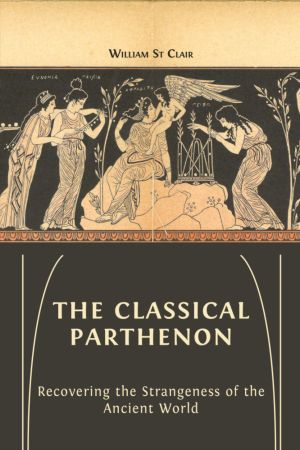
Complementing Who Saved the Parthenon? this companion volume sets aside more recent narratives surrounding the Athenian Acropolis, supposedly 'the very symbol of democracy itself', instead asking if we can truly access an ancient past imputed with modern meaning. And, if so, how?
In this book William St Clair presents a reconstructed u...
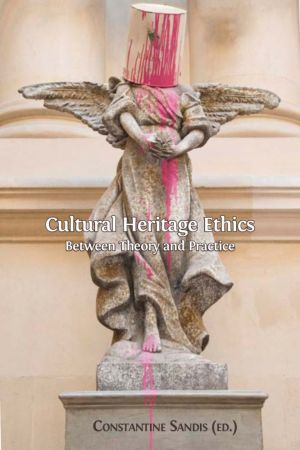
Theory without practice is empty, practice without theory is blind, to adapt a phrase from Immanuel Kant. The sentiment could not be truer of cultural heritage ethics. This intra-disciplinary book bridges the gap between theory and practice by bringing together a stellar cast of academics, activists, consultants, journalists, lawyers, and museum pr...
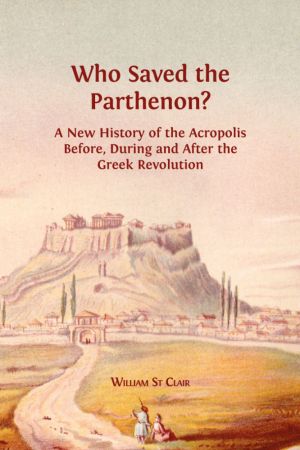
In this magisterial book, William St Clair unfolds the history of the Parthenon throughout the modern era to the present day, with special emphasis on the period before, during, and after the Greek War of Independence of 1821 - 32. Focusing particularly on the question of who saved the Parthenon from destruction during this conflict, with the help ...

In this book the cost and revenue overruns of Olympic Games from Sydney 2000 to PyeongChang 2018 from eight years before the Games to Games‐time are investigated to provide a base for future host cities. The authors evaluated the development of expenditure and revenues of the organizing committees to operate the event, and the investment of taxpa...

This book collects ten essays that look at intra-regional migration in the Southern Balkans from the late Ottoman period to the present. It examines forced as well as voluntary migrations and places these movements within their historical context, including ethnic cleansing, population exchanges, and demographic engineering in the service of nation...
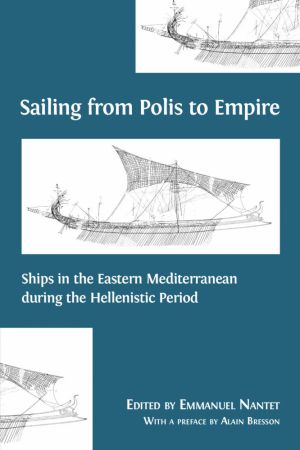
What can the architecture of ancient ships tell us about their capacity to carry cargo or to navigate certain trade routes? How do such insights inform our knowledge of the ancient economies that depended on maritime trade across the Mediterranean?
These and similar questions lie behind Sailing from Polis to Empire, a fascinating insight into th...
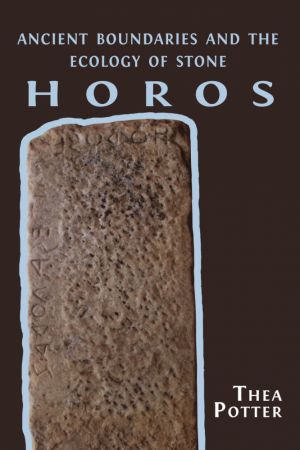
In Horos, Thea Potter explores the complex relationship between classical philosophy and the 'horos', a stone that Athenians erected to mark the boundaries of their marketplace, their gravestones, their roads and their private property. Potter weaves this history into a meditation on the ancient philosophical concept of horos, the foundat...
